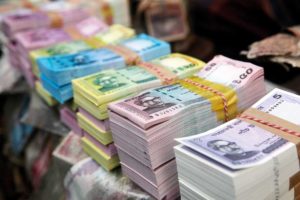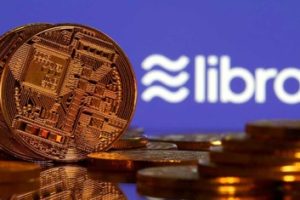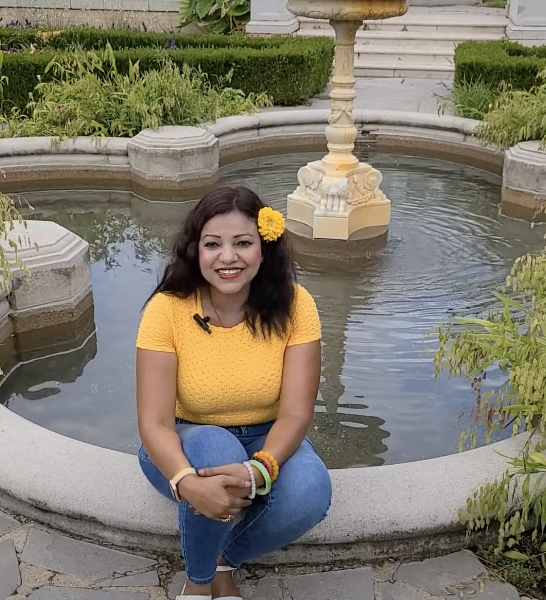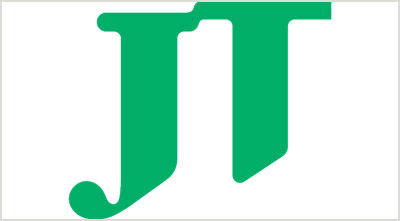Big investors in Saudi Arabia are pushing ahead with deals and pouring money back into its stock market as the kingdom tries to move on from the murder of Saudi journalist Jamal Khashoggi.
His killing at the hands of Saudi agents in October strained ties with Western allies and Riyadh is keen to repair its image. It wants to attract foreign capital and knowhow as part of its Vision 2030 plan of reforms to diversify the economy of the world’s top oil exporter and create jobs for Saudis.
Some Western governments said Crown Prince Mohammed bin Salman was implicated in the murder. The Saudi government has denied any connection to the crown prince.
Deterred by the case, some Western firms in the technology and entertainment sectors have distanced themselves from Saudi Arabia. But several US multinationals told Reuters they are building on their plans in the largest Arab economy.
Dow Chemical said it was committed to construction of a $100 million polymer plant in Jubail and will complete a feasibility study by the end of 2019 for another complex to produce siloxanes and silicones. Technology and manufacturing group Honeywell International Inc is going ahead with projects as part of a $3.6 billion agreement in 2017 to deliver projects localizing goods and services for state oil giant Saudi Aramco.
General Electric Co, said it was building on $15 billion of Saudi deals it signed in 2017.
“We continue to build upon our agreements to support local infrastructure and growth across the power, oil and gas, healthcare, aviation and digital sectors,” a GE spokesman said.
Riyadh wants to show it is business as usual. It sent a senior delegation to the World Economic Forum in Davos and packed executives’ agendas with meetings.
Last month it announced $54.4 billion in deals and offered fresh incentives under a 10-year industrial programme that aims to attract $427 billion in investment.
The crown prince, who is the driving force behind the reforms, agreed several deals last month during an Asian tour including $28 billion with China.
It also wound down a 15-month anti-corruption campaign that netted scores of senior princes, ministers and top businessmen and unnerved investors.
BUSINESS FORGETS
Foreign investors appear to have taken note. They poured 6.94 billion riyals ($1.85 billion) into the Saudi market in the first two months of 2019, according to Saudi stock exchange data. The index is up more than 8 percent, outperforming its Gulf peers, compared to a fall of about 9 percent within two weeks of Khashoggi’s disappearance and killing.
Several executives pulled out of a major investment forum in Riyadh last year but a Western diplomat said this year’s event is expected to attract big names.
“Business tends to forget more quickly than social conscience,” the diplomat said.
Investors are now looking ahead to the inclusion of Saudi stocks in the MSCI’s emerging markets benchmark this year and focusing on the pace of economic reforms, bankers say.
“There’s too much opportunity for investment in Saudi Arabia,” said Nick Wilson, chairman of the $100 million Gulf Investment Fund which plans to increase its exposure to the Saudi stocks it sees benefiting from reforms.
“A nasty thing like that happens and shakes people up for a couple of weeks but at the end of the day business is business,”
He pointed to projects to boost the economy such as the $500 billion business zone NEOM.
Thomas Barrack, executive chairman at US investment management firm Colony Capital told a conference in Abu Dhabi last month it was a mistake “to dictate what we think is the moral code.”
Colony Capital has agreed to buy a stake in the property business of France’s Accor alongside Saudi Arabia’s Public Investment Fund (PIF), the financial vehicle behind Vision 2030.
BAD PUBLICITY
Other Western firms have distanced themselves from the PIF, which has more than $250 billion in assets under management.
British billionaire Richard Branson in October said his Virgin Group suspended talks with the PIF over a planned $1 billion investment in the group’s space ventures and suspended his directorship in two Saudi tourism projects. A Virgin Group spokesman said the statement still stands.
Hollywood talent agency Endeavor and PIF “parted ways” after talks on the fund investing $400 million, a source familiar with the matter said.
Hollywood companies had concerns about the reputational impact on their businesses after Khashoggi’s killing, a second source said. Endeavor did not respond to a Reuters query for comment.
The PIF had been eyeing up to a $700 million stake in US movie studio Legendary Entertainment but is facing resistance from executives at Legendary, Reuters had reported earlier.
A source familiar with the matter said the deal still faced the same issues. Legendary and PIF did not respond to queries for comment, while the sources declined to be identified due to the sensitivity of these deals.
The bad publicity has deterred some potential entrants to the market fearing a backlash at home, another Western diplomat said, while firms new to Saudi need “hand-holding”.
“I think it’s going to take one year or two before people really begin to say Saudi Arabia is the place we want to be,” Mark Mobius, a prominent emerging market investor, told reporters in Dubai this week.






















